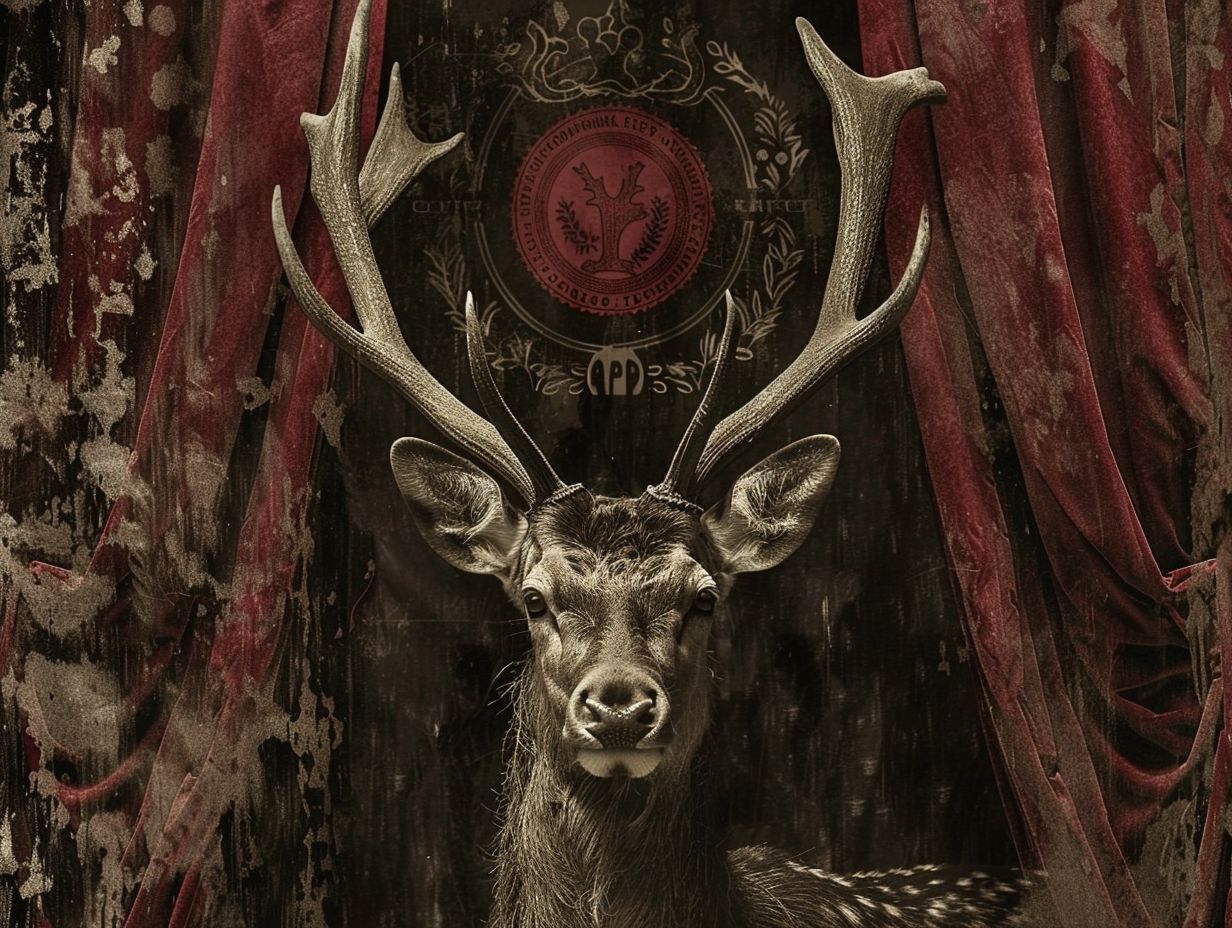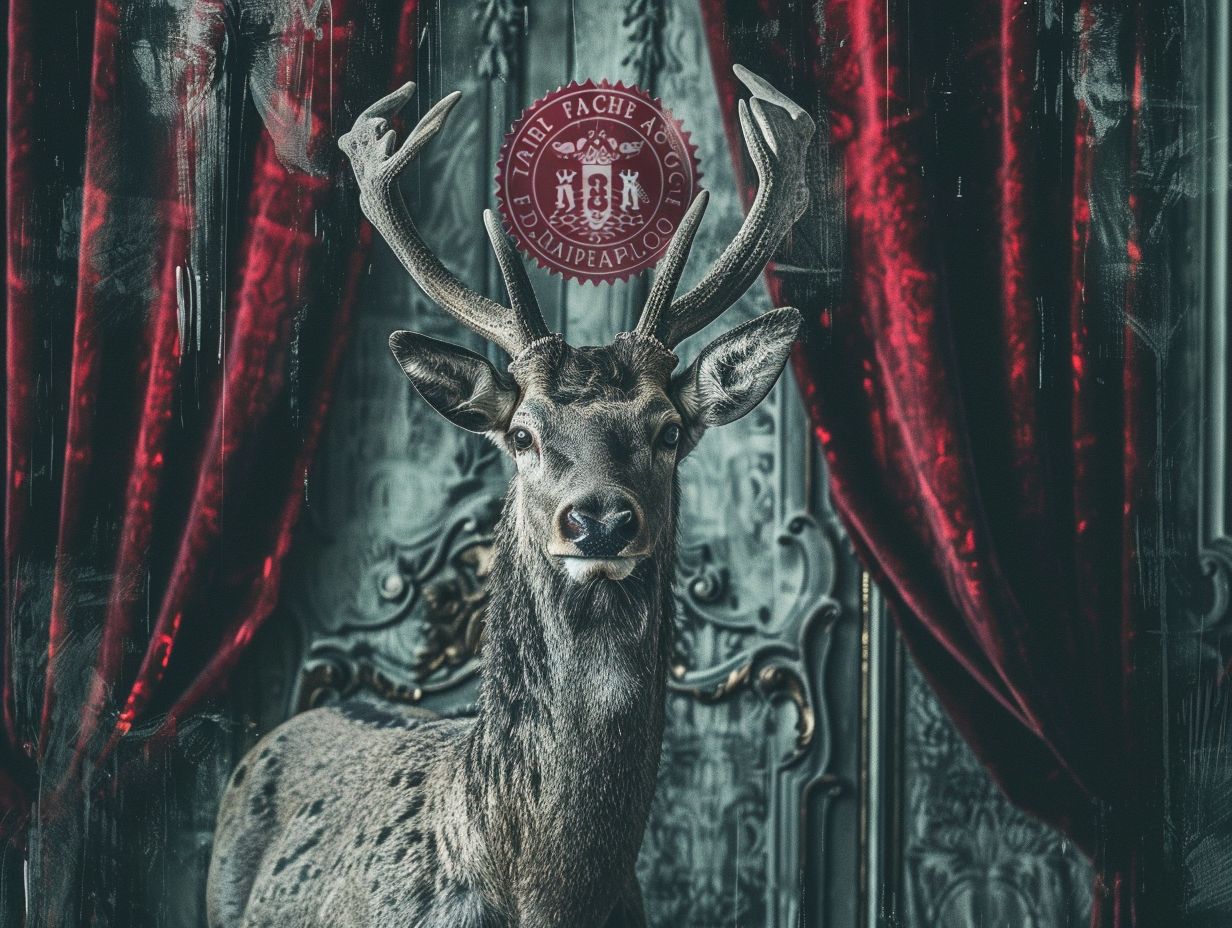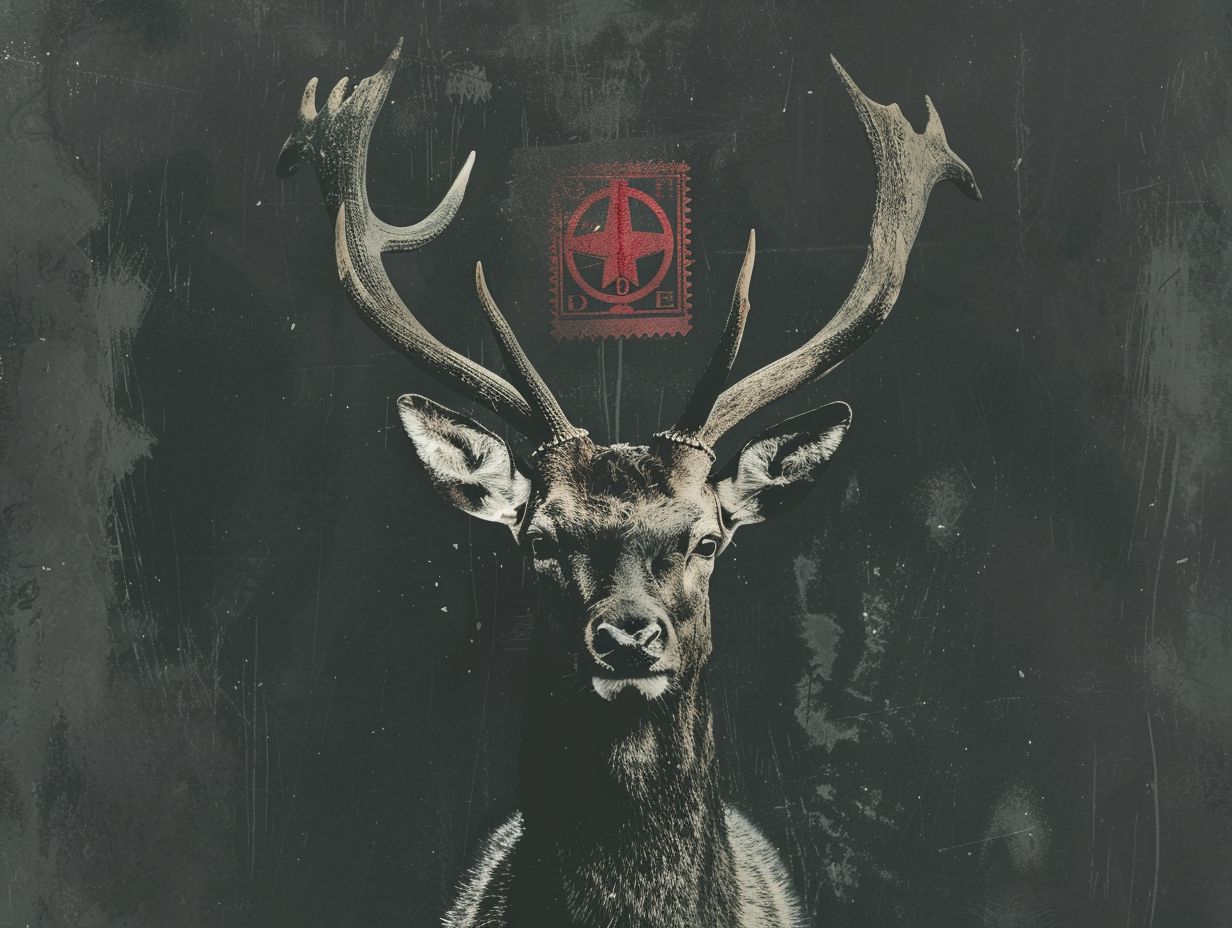Is Deer Antler Velvet Fda Approved

Deer antler velvet has been used for centuries in traditional Chinese medicine for its various health benefits. In recent years, it has gained popularity as a supplement for athletic performance enhancement and anti-aging purposes.
Many consumers are left wondering: is deer antler velvet FDA approved? This article will explore the FDA regulations for dietary supplements, the FDA’s stance on deer antler velvet, potential risks and side effects, and how consumers can ensure the safety and quality of deer antler velvet products.
Key Takeaways:

- Deer antler velvet is a supplement made from the soft, velvety covering of deer antlers.
- It has been traditionally used in Chinese medicine and is believed to have various health benefits, including athletic performance enhancement and anti-aging.
- While the FDA does not approve or regulate dietary supplements, it has issued regulations to ensure their safety and quality.
Is Deer Antler Velvet FDA Approved?

Deer antler velvet is classified as a dietary supplement by the FDA, but its use remains controversial due to concerns about banned substances like IGF-1 found in some products.
Although the FDA recognizes deer antler velvet as a dietary supplement, the presence of substances like IGF-1 has raised red flags. IGF-1 is a growth factor that naturally occurs in the body but can also be artificially added, leading to concerns about potential health risks.
As a result, regulations around the production and distribution of deer antler velvet products have become stricter to prevent the inclusion of prohibited substances. The FDA closely monitors these products to ensure compliance with safety standards and to protect consumers from harmful additives.
What Are The FDA Regulations For Dietary Supplements?
The FDA regulates dietary supplements under the Dietary Supplement Health and Education Act (DSHEA), ensuring their safety and labeling compliance.
DSHEA, passed in 1994, allows dietary supplements to be marketed without FDA approval before they go to market. Manufacturers are responsible for ensuring the safety and proper labeling of their products.
The FDA monitors supplement ingredients and their claims, but the burden of proof lies on the agency to show that a product is unsafe before taking action. For deer antler velvet, manufacturers must comply with DSHEA regulations to maintain consumer protection and transparency in the supplement industry.
What Is The FDA’s Stance On Deer Antler Velvet?
The FDA cautions against the use of deer antler velvet due to the potential presence of prohibited substances like IGF-1, making claims about its health benefits subject to scrutiny.
These prohibited substances, such as IGF-1, are on the FDA’s radar due to their potential health risks and illegal status in certain contexts. The FDA regulates dietary supplements under the Dietary Supplement Health and Education Act (DSHEA), ensuring that products are safe and their labeling is accurate.
With deer antler velvet, the presence of IGF-1 raises concerns about its safety and efficacy, prompting the FDA to issue warnings against its use without proper oversight. It’s important for consumers to be aware of these regulatory measures and exercise caution when considering products containing questionable ingredients.
What Are The Potential Risks And Side Effects Of Deer Antler Velvet?
Consumers should be aware of potential risks and side effects associated with deer antler velvet, including allergic reactions, interactions with medications, and contamination with banned substances.
Regarding allergic reactions, individuals with sensitivities to similar animal products or those prone to allergies should exercise caution. Symptoms may vary from mild skin irritation to more severe responses like swelling and difficulty breathing.
Deer antler velvet can interact with certain medications, impacting their effectiveness or causing unexpected side effects. It’s vital to consult a healthcare provider before using deer antler velvet, especially if taking prescription medications.
In addition, there have been instances of deer antler velvet supplements being contaminated with banned substances such as IGF-1, a growth hormone prohibited in various sports organizations due to performance-enhancing properties.
Allergic Reactions
Allergic reactions are a potential risk of using deer antler velvet, with individuals sensitive to animal-derived products being especially susceptible to adverse effects.
When people allergic to animal-derived substances come into contact with deer antler velvet, their immune systems may react negatively, triggering symptoms such as skin rashes, itching, swelling, or respiratory distress. These reactions occur due to specific proteins present in the velvet that can set off an immune response in sensitive individuals.
It’s crucial for those with known allergies to animal products to exercise caution when considering deer antler velvet supplements, as they may be at a higher risk of experiencing adverse effects.
Interactions With Other Medications
Deer antler velvet may interact with certain medications, potentially affecting their efficacy or causing unexpected side effects, emphasizing the importance of consulting a healthcare professional.
When deer antler velvet interacts with medications, it can lead to altered drug metabolism or interactions that may pose risks to an individual’s health.
Certain components in deer antler velvet could interfere with how the body processes medications, leading to either increased or decreased drug concentrations in the system.
These interactions might impact the therapeutic effects of medications, making them less effective or more potent than intended. This could result in treatment failure, diminished symptom relief, or even serious health complications.
Contamination With Banned Substances

One of the significant risks of using deer antler velvet is the potential contamination with banned substances, which can lead to serious consequences for athletes subject to anti-doping regulations.
Due to the unregulated nature of the deer antler velvet industry, there have been instances where the supplements have tested positive for substances such as IGF-1 and other growth factors that are on the World Anti-Doping Agency’s prohibited list.
Athletes who unknowingly consume these contaminated products risk facing suspensions, disqualifications, and tarnished reputations in the world of sports.
How Can Consumers Ensure The Safety And Quality Of Deer Antler Velvet Products?
Consumers can safeguard themselves by looking for third-party certifications, researching the manufacturer’s practices, and consulting with a healthcare professional before using deer antler velvet products.
When selecting deer antler velvet supplements, it is paramount to verify that the product has undergone testing for purity and potency by reputable third-party organizations. These certifications ensure that the supplement is free from contaminants and meets stringent quality standards.
Delving into the manufacturer’s production processes can shed light on their commitment to quality control and ethical sourcing of raw materials. Seek out manufacturers with a transparent and trustworthy reputation in the industry.
Consulting with a healthcare professional can provide personalized guidance on dosage, potential interactions, and overall suitability of deer antler velvet supplements for individual health needs.
Look For Third-Party Certifications
Consumers should prioritize products with third-party certifications to ensure the safety and quality standards of deer antler velvet supplements.
Third-party certifications play a crucial role in offering an additional layer of credibility and assurance to consumers. These certifications are issued by independent organizations that conduct rigorous testing and assessments to verify the claims made by the product manufacturers.
By opting for deer antler velvet products with such certifications, consumers can have peace of mind knowing that the product has been thoroughly evaluated for purity, potency, and quality. This helps in safeguarding against potential contaminants or adulterants that may compromise the efficacy and safety of the supplement.
Research The Manufacturer And Their Practices
Before purchasing deer antler velvet products, consumers should thoroughly research the manufacturer and their quality control practices to ensure product reliability and safety.
By looking into the background of the manufacturer, individuals can gain insight into the company’s adherence to good manufacturing practices (GMP) and the consistency of their production standards.
Understanding how a manufacturer sources, processes, and tests the deer antler velvet can provide valuable guidance in making an informed decision.
Scrutinizing quality control measures can reveal whether the product undergoes rigorous testing for purity, strength, and contaminants, ensuring it meets safety requirements.
Consult With A Healthcare Professional
To address individual health considerations, consumers are advised to consult with a healthcare professional before incorporating deer antler velvet into their dietary regimen.
Healthcare professionals play a crucial role in providing personalized guidance tailored to the individual’s overall health status, medical history, and potential interactions with existing medications. Seeking their expertise helps in crafting a safe and effective approach towards the use of deer antler velvet supplements.
These consultations ensure that any underlying health conditions, allergies, or specific dietary needs are taken into account to minimize potential risks and optimize the benefits of incorporating deer antler velvet. It’s essential to prioritize safety and well-being by aligning dietary choices with expert advice and supervision.
Conclusion
While deer antler velvet may offer potential health benefits, its use carries risks, especially for athletes subject to anti-doping regulations due to the presence of prohibited substances like IGF-1.
Despite its traditional use in Eastern medicine for various health conditions, modern research on deer antler velvet is still ongoing to validate its claimed benefits, such as improved athletic performance, recovery, and joint health.
Athletes need to be cautious about using supplements containing deer antler velvet due to the potential risks of unintentional doping violations.
Frequently Asked Questions

Is Deer Antler Velvet FDA Approved?
No, deer antler velvet is not FDA approved. It is considered a dietary supplement and is not regulated by the FDA.
What is Deer Antler Velvet?
Deer antler velvet is the soft outer layer of deer antler that is removed and used for its medicinal properties.
Is Deer Antler Velvet Safe to Use?
While there is limited research on the safety of deer antler velvet, it is generally considered safe for most people. However, it may interact with certain medications or have adverse effects in individuals with certain health conditions.
What Are the Benefits of Using Deer Antler Velvet?
Deer antler velvet is believed to have anti-inflammatory, immune-boosting, and performance-enhancing properties. It may also aid in joint health and promote tissue repair.
How is Deer Antler Velvet Used?
Deer antler velvet can be taken in various forms, such as capsules, powder, or extract. It is typically consumed as a dietary supplement.
Is Deer Antler Velvet Legal?
Yes, deer antler velvet is legal to use and sell in the United States. However, it is important to check the regulations in your specific state or country before purchasing or using it.